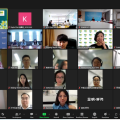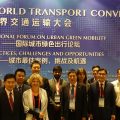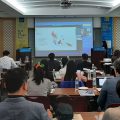EcoMobility SHIFT+ Tool helps cities to assess urban mobility system pioneered in China
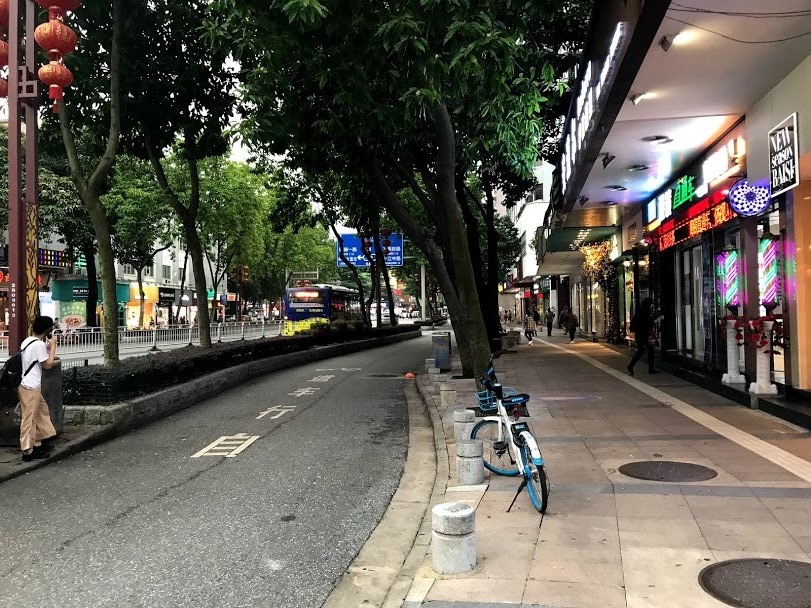
Lack of direct feedback on the effectiveness of the transport system is one of the common challenges for the city administrations in planning and implementing policy and solutions. In some cases, relevant stakeholders have been sidelined if not overlooked in this process. To plan a sustainable and people-oriented mobility system, policymakers, urban planners and transport operators should gain a deeper understanding of the evolving needs of stakeholders, and balance competition from different city departments. This is to make informed decisions and avoid ineffective solutions that could be costly at times.
The “Cities SHIFT: Capacity Building and Networking for climate- and people-friendly mobility” project is to support cities to identify challenges and opportunities of their urban mobility system with the hope that the city could shift towards more ecomobile modes of travel, i.e. walking, cycling, shared and public transport. Funded by the Hewlett Foundation and the EcoMobility Alliance, this project is implemented through three intervention points: (1) performance measurement of the mobility system through EcoMobility SHIFT+ methodology; (2) capacity building; and (3) global dissemination.
Kaili and Foshan New City have been selected as the project cities in China due to the different nature of the cities. Kaili, home to about 522,500 people with mainly ethnic minorities is characterized by its undulating hilly terrain in Guizhou Province, while Foshan in Guangdong Province is a relatively flat city with more than 7.6 million residents. Despite the different physical characteristics, both cities have invested significantly in improving their urban mobility system, particularly leveraging smart solutions and clean technology to electrify their public bus system.
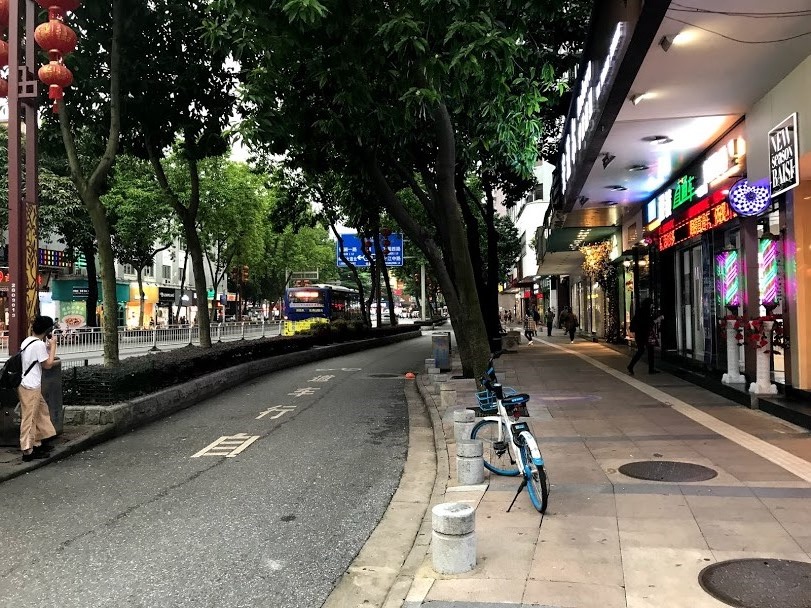
Foshan New City
Kaili is named as the “National Bus City” and “Bus Model City of Guizhou Province” as public buses form the backbone of the public transportation system. It integrates smart solutions into the public bus system to streamline fares, timetable, stops, and passenger information to improve operational efficiency, revenue and commuters’ convenience. A similar development is also seen in Foshan whereby a transport app is integrated into the popular social messaging app – WeChat – for payment throughout the city’s bus network.
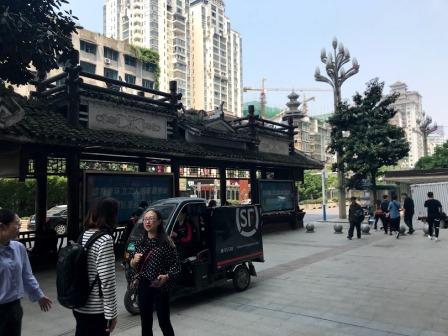
Bus stop in Kaili city
To curb air pollution, these cities invested significantly in electric buses in the past five years. All public buses in Kaili run on either a hybrid system or are fully electric. In 2019, 151 electric buses started operations in Kaili and are expected to transport 22.7 million passengers per year. Whereas in Foshan, out of the 6790 buses, about 1714 units are electric and 583 are hybrid buses, serving 1.90 million passengers on a daily base. Foshan has introduced hydrogen buses at the end of 2018 with 70 hydrogen buses in operation now and plans to replace more fossil-fuel-powered buses with electric or hydrogen buses.
The project kick-off meetings in Kaili and Foshan were recently held successfully with high-level representatives from the city administration; the transport, urban planning, and environmental departments; and other stakeholders responsible for transport planning, research, operation, and enforcement. ICLEI also introduced its EcoMobility SHIFT+ methodology, which is designed for cities to measure their performances in urban mobility and make informed decisions with key stakeholders’ engagement.

Project kick-off meeting in Kaili
“One of our main motivations to undertake the assessment is to enhance our mobility system more strategically before traffic gridlock looms”, stated Wu Guisheng, Chairman of the Kaili People’s Government. Successful implementation of the project would allow cities to become more efficient and effective in identifying key working areas and solutions to sustainable urban mobility.
To learn more about this project and the project cities, please visit: https://ecomobility.org/cities-shift/


